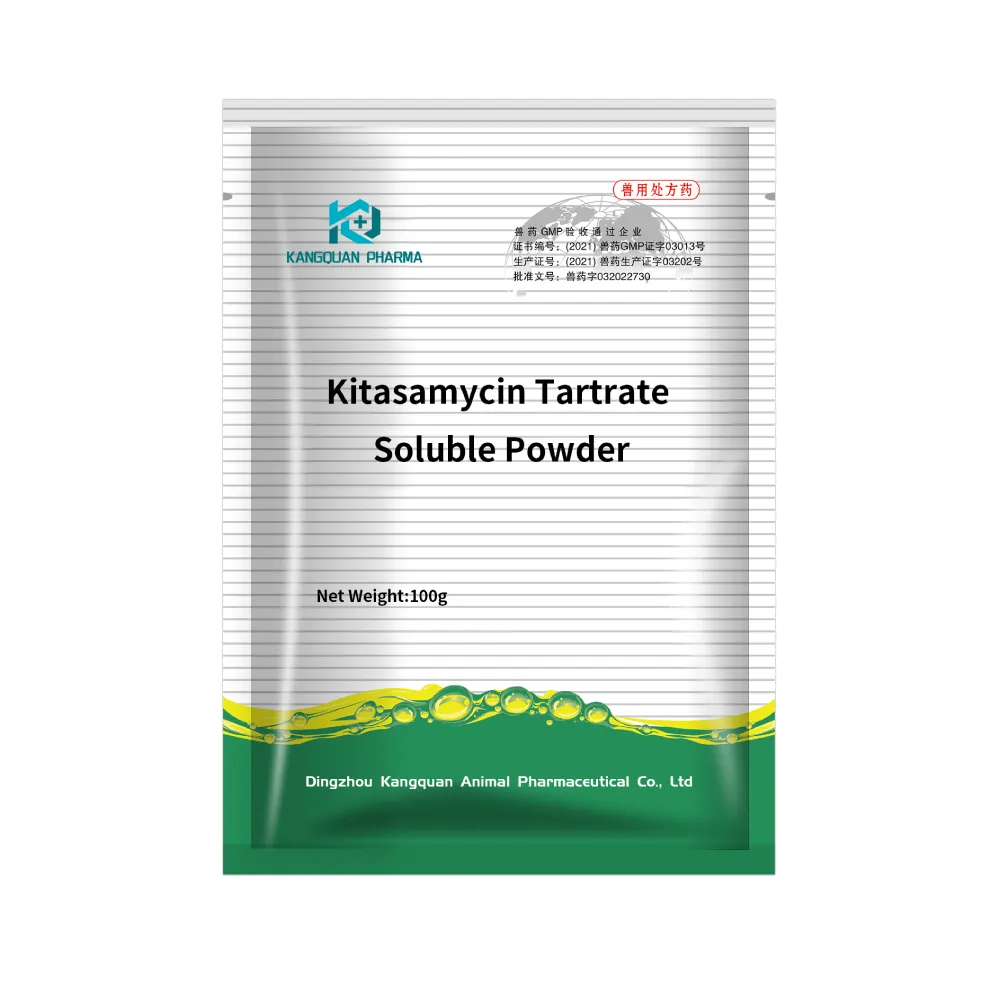- Afrikaans
- Albanian
- Amharic
- Arabic
- Armenian
- Azerbaijani
- Basque
- Belarusian
- Bengali
- Bosnian
- Bulgarian
- Catalan
- Cebuano
- Corsican
- Croatian
- Czech
- Danish
- Dutch
- English
- Esperanto
- Estonian
- Finnish
- French
- Frisian
- Galician
- Georgian
- German
- Greek
- Gujarati
- Haitian Creole
- hausa
- hawaiian
- Hebrew
- Hindi
- Miao
- Hungarian
- Icelandic
- igbo
- Indonesian
- irish
- Italian
- Japanese
- Javanese
- Kannada
- kazakh
- Khmer
- Rwandese
- Korean
- Kurdish
- Kyrgyz
- Lao
- Latin
- Latvian
- Lithuanian
- Luxembourgish
- Macedonian
- Malgashi
- Malay
- Malayalam
- Maltese
- Maori
- Marathi
- Mongolian
- Myanmar
- Nepali
- Norwegian
- Norwegian
- Occitan
- Pashto
- Persian
- Polish
- Portuguese
- Punjabi
- Romanian
- Russian
- Samoan
- Scottish Gaelic
- Serbian
- Sesotho
- Shona
- Sindhi
- Sinhala
- Slovak
- Slovenian
- Somali
- Spanish
- Sundanese
- Swahili
- Swedish
- Tagalog
- Tajik
- Tamil
- Tatar
- Telugu
- Thai
- Turkish
- Turkmen
- Ukrainian
- Urdu
- Uighur
- Uzbek
- Vietnamese
- Welsh
- Bantu
- Yiddish
- Yoruba
- Zulu
Dec . 15, 2024 18:19 Back to list
Proper Dosage of Albendazole for Treating Goats Effectively and Safely
Understanding Albendazole Dosage for Goats
Albendazole is a broad-spectrum anthelmintic agent commonly used in veterinary medicine, particularly in livestock like goats. It is effective against various internal parasites, including roundworms, tapeworms, and flukes. Proper dosage and administration of albendazole are crucial for ensuring the health of goats and maximizing the efficacy of the treatment.
Importance of Albendazole
Goats are susceptible to numerous parasitic infestations that can severely affect their health, growth, and overall productivity. These parasites often lead to diseases, reduced weight gain, poor wool or milk production, and even death in severe cases. This makes antiparasitic treatment a vital aspect of goat management. Albendazole, with its ability to inhibit energy production in parasitic organisms, disrupts their metabolism and leads to their eventual elimination from the host’s body.
Recommended Dosage
The dosages of albendazole can vary based on several factors including the weight of the goat and the specific parasites being targeted. Generally, the recommended dosage for goats is around 5 mg to 10 mg per kilogram of body weight. This administration can take place once or twice, depending on the severity of the infestation and the specific recommendations provided by a veterinarian.
For practical dosing - A goat weighing 50 kg would require a dose between 250 mg to 500 mg of albendazole. - It is essential to ensure that you use a formulation of albendazole that is specifically intended for veterinary use, as human-grade medications may contain different inactive ingredients that could be harmful.
Administration
Albendazole is usually administered orally. The drug comes in various forms including boluses, granules, and solutions, which can make it easier to deliver the appropriate dose to the animal. If you are using granules or powder, you can mix it with a small amount of food to ensure that the goat consumes the entire dose. If using a liquid formulation, a dosing syringe may be used for accurate administration.
Precautions and Side Effects
While albendazole is generally considered safe for goats when used appropriately, there are some precautions to keep in mind
albendazole for goats dosage

- Withdrawal Period Before sending goats to market or collecting milk for human consumption, ensure you adhere to the recommended withdrawal period post-treatment. This is usually around 7 to 10 days, but always check product labeling and guidelines.
- Veterinary Consultation Always consult with a veterinarian before beginning treatment, especially if the goat is ill, pregnant, or has a known history of health issues. The veterinarian may recommend fecal examinations to identify the type of parasites present and tailor the treatment accordingly.
- Potential Side Effects Side effects from albendazole are rare but can include mild gastrointestinal upset. In case of adverse effects, contacting a veterinarian should be your immediate course of action.
Integrated Parasite Management
Using albendazole is just one piece of an effective parasite control program. Integrating other management practices can enhance effectiveness and reduce the risk of resistance developing. Some strategies include
- Rotating Pastures Avoid overgrazing and rotating grazing areas to break the lifecycle of parasites that thrive in specific pastures.
- Regular Monitoring You should regularly monitor the health of your goats and conduct fecal examinations to assess the effectiveness of your deworming protocols.
- Maintaining Cleanliness Keeping the goats' living environment clean and avoiding overcrowding can significantly reduce parasite burdens.
Conclusion
Albendazole is a vital tool in the management of internal parasites in goats. Understanding the correct dosage, administration methods, and integrating it into a comprehensive parasite management program is essential for maintaining the health and productivity of your goats. Always remember to work closely with a veterinarian to ensure the best outcomes for your livestock. By doing so, you can safeguard the wellbeing of your animals and foster a thriving production system.
-
Guide to Oxytetracycline Injection
NewsMar.27,2025
-
Guide to Colistin Sulphate
NewsMar.27,2025
-
Gentamicin Sulfate: Uses, Price, And Key Information
NewsMar.27,2025
-
Enrofloxacin Injection: Uses, Price, And Supplier Information
NewsMar.27,2025
-
Dexamethasone Sodium Phosphate Injection: Uses, Price, And Key Information
NewsMar.27,2025
-
Albendazole Tablet: Uses, Dosage, Cost, And Key Information
NewsMar.27,2025













